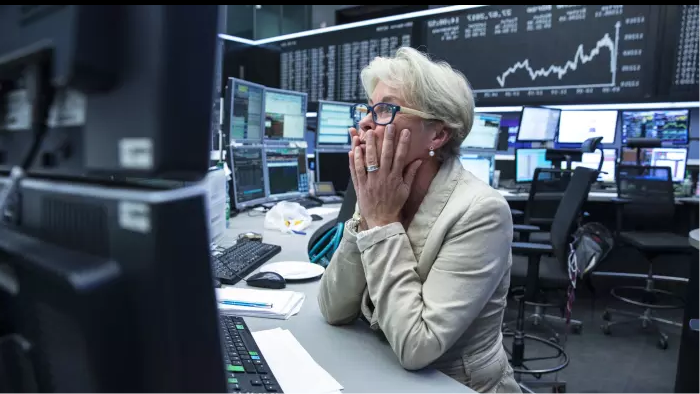Banks and brokers suffer ‘dramatic’ fall in commissions

Asset managers cut fees for share trading after introduction of Europe’s Mifid II rules
Please use the sharing tools found via the share button at the top or side of articles. Copying articles to share with others is a breach of
FT.comT&Cs and Copyright Policy. Email licensing@ft.com to buy additional rights. Subscribers may share up to 10 or 20 articles per month using the gift article service. More information can be found here.
https://www.ft.com/content/5c32d1c8-658c-11e8-90c2-9563a0613e56
Investment banks and brokers across Europe have suffered a “dramatic” fall in the fees asset managers pay them to buy and sell shares in a sign of how the recently introduced Mifid II rules have shaken up markets. According to research from financial technology company ITG, which looked at the trades of 172 asset managers globally, the commissions paid to brokers dropped 28 per cent in the UK during the first quarter compared with the same quarter in 2017, while the rest of Europe fell 30 per cent. The figures will be welcomed by investors, who should see their cost of investing come down. But the fall in commissions is a blow for investment banks and brokers, whose operating model has been upended by the introduction of Europe’s Markets in Financial Instruments Directive, or Mifid II. Under Mifid II asset managers had to end the long-running practice of bundling together trading and research, a move that has forced investment banks and brokers to reassess the economic merits of their research and trading offerings. Andre Nogueira, a director of trading analytics at ITG, said commission payments were expected to fall on the back of Mifid II but the “magnitude” of the decrease was surprising. “It is good news. At the end of the day, pricing in terms of commissions is a lot more transparent now and you really know what you are paying for. [It is] hopefully good news for the end customer,” he said. Steven Fine, chief executive of broker Peel Hunt, said his company had seen a small rise in commissions year on year. But he added: “Most others are hurting.” According to ITG data, UK commissions dropped from 8 basis points in the first quarter of 2017 to 5.8bp a year later. In the rest of Europe, excluding the UK, commissions fell from 7.4bp to 5.2bp. “Every basis point counts,” Mr Nogueira said. “Every basis point that can be preserved and paid to the end investor is a win.” He said brokers would come under increased pressure in the wake of Mifid II, suggesting they will have to do more trades to make up for lost revenue. Ross Mitchinson, co-chief executive of broker Numis Securities, said the company’s blended commission rate had fallen so far this year. But he added that Numis had invested in new trading roles, allowing it to win more small and mid-cap business. “This seems to be contrary to our big bank competitors who have generally reduced headcount within trading [and] sales trading and instead invested in technology around dark pools of liquidity and algorithmic trading solutions,” he said. The ITG research showed the fall in commission was consistently high across all European countries examined, while globally there was a much smaller fall. Mick McAteer, co-director at the non-profit Financial Inclusion Centre, said the data were “encouraging”. “But it will only be good news if the fall in commissions is passed on to the end investor through lower management charges,” he said. Some fund managers and brokers predict commissions could rise in future — in particular for executing trades in less liquid stocks. A senior figure at a large wealth manager warned that Mifid II could also have unintended consequences and hit returns. He suggested that the quality of research provided by banks and brokers had been affected by the requirement to unbundle research from trading costs, arguing this would not be beneficial for investors.